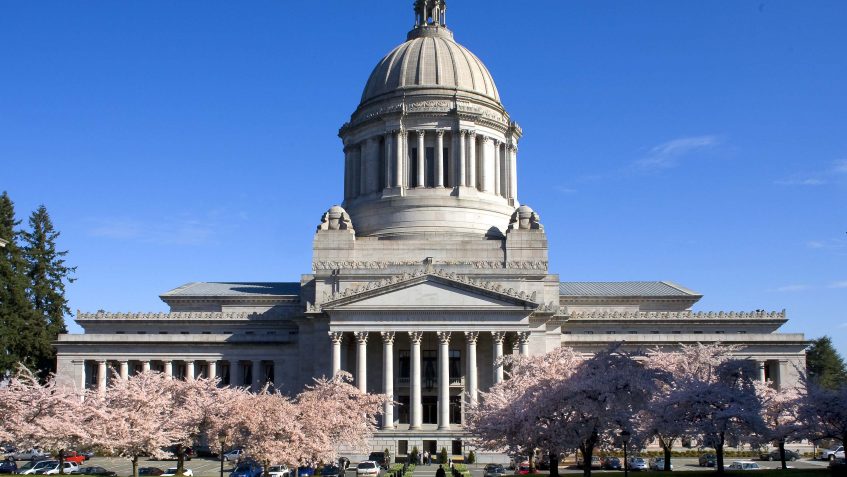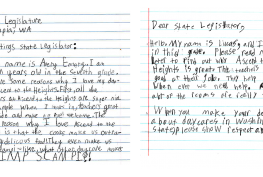OLYMPIA – The Elson S. Floyd College of Medicine at Washington State University and the WWAMI Regional Medical Education program will receive a total of $15 million in state funding following the passage of the state’s operating budget that is expected to be signed into law by Gov. Jay Inslee late tonight.
“In Eastern Washington and throughout the state, we are facing a shortage of primary care doctors,” said Sen. Andy Billig, D-Spokane. “It is critical we fund our region’s medical education institutions so we can ensure that families in rural, underserved areas have the same access to quality care as their urban neighbors.”
WSU’s medical school will admit an inaugural class of 60 first-year medical students starting August 2017 with the goal of producing more primary care physicians for rural and underserved areas in the state. Students will serve in clinics in the Tri-Cities, Vancouver, Everett and Spokane following their first two years of instruction and the inaugural class will be made up entirely of Washington state residents.
“This is a big win for Eastern Washington,” said Sen. Michael Baumgartner, R-Spokane. “Not only does this keep talented young doctors in Washington, it will be a big economic driver, expanding our economy with increased care and medical research dollars.”
The $10 million secured for WSU’s medical expansion will support the 60 first-year and second-year students.
“This is another important step to getting people access to healthcare for themselves and their families regardless of where in the state they live,” said Rep. Marcus Riccelli, D- Spokane. “I am proud to have worked so hard with the late Dr. Floyd and his team, and Sens. Baumgartner and Billig to pass the policy bill that paved the way for a WSU medical school. I’m also proud of the hard work of the Spokane delegation to secure this funding for medical education for WSU and UW.”
The University of Washington’s WWAMI program will also receive $5 million in state funding. WWAMI trains and prepares physicians to care for patients and communities throughout Washington, Wyoming, Alaska, Montana and Idaho. The program has been recognized by the Association of American Medical Colleges with the Outstanding Community Service Award and has been identified as the nation’s top primary care, family medicine and rural medicine training school.





